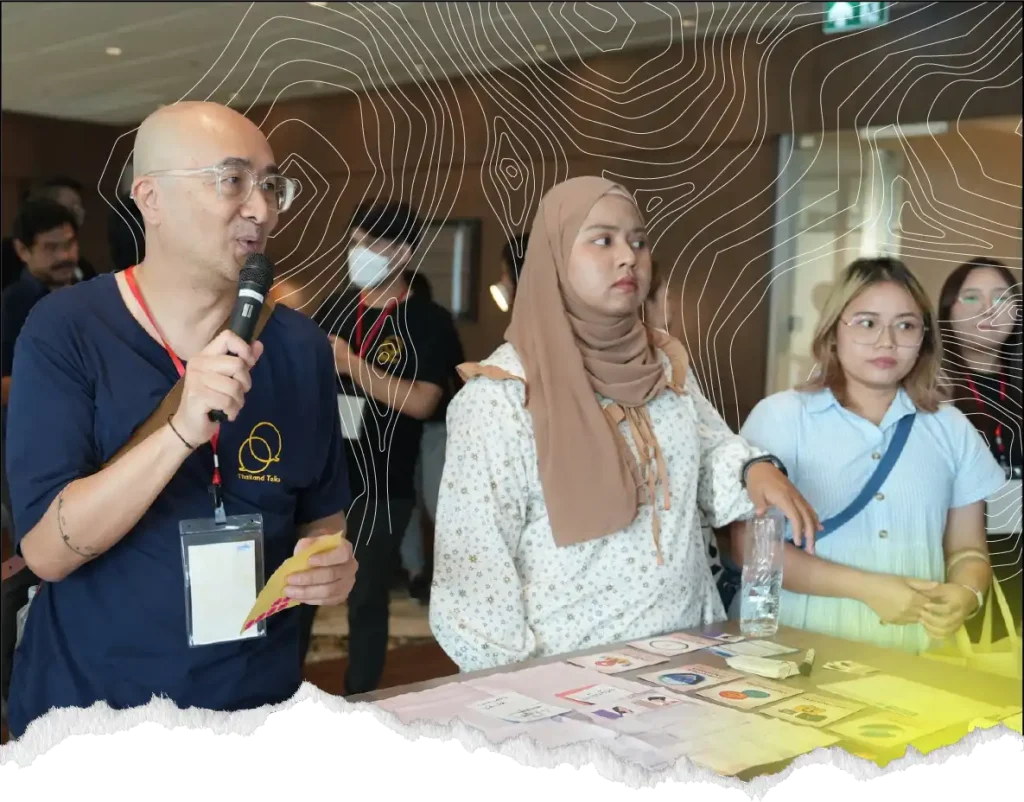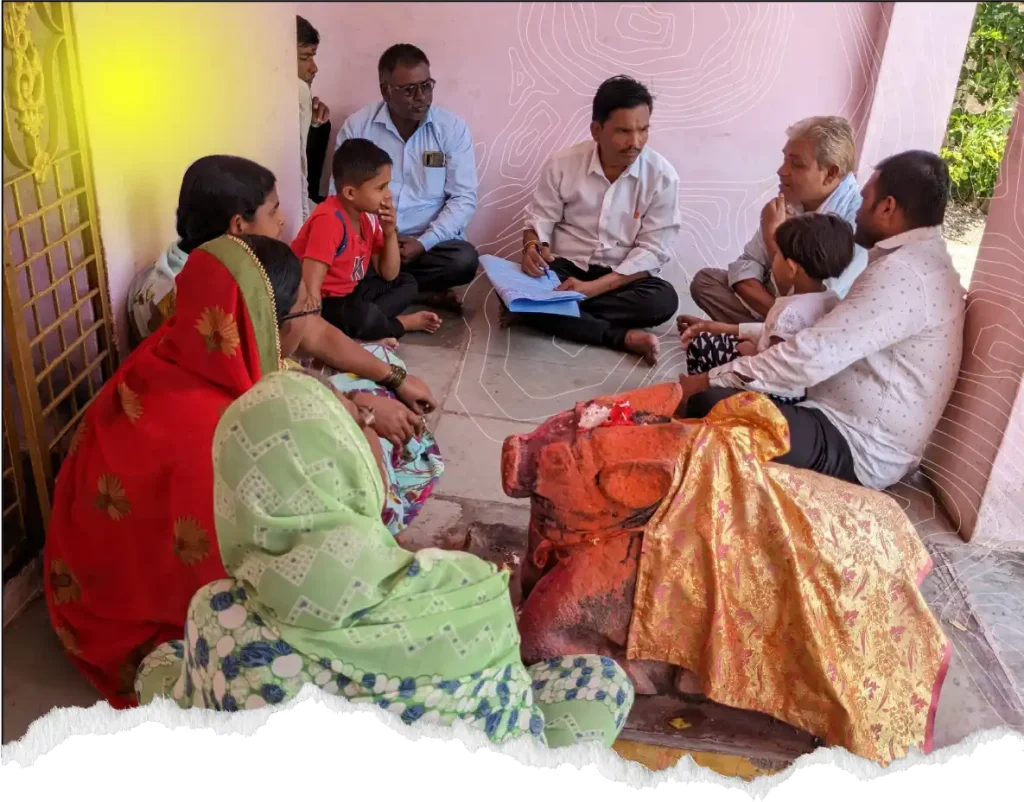Thailand Talks

The main objective of this practice, promoted by the Friedrich Naumann Foundation for Freedom, is to create a safe public space for dialogue between people with opposing political views in a context marked by intense polarization, especially since the pandemic. Inspired by the German model “My Country Talks”, the initiative fosters one-on-one meetings between individuals with differing opinions, with the aim of reducing tensions and promoting mutual understanding.
Training and Empowerment for Participatory Decision-Making

The main objective of this practice, led by FT Foundation, is to empower youth, women, displaced people, and other marginalized groups in Somalia to actively participate in decision-making and development planning. In a context of political instability and structural exclusion, the initiative aims to strengthen leadership capacities, create economic opportunities, and promote inclusion in political and community spaces.
Civic Voices: A Tech Platform for Public Participation

The main goal of Civic Voices, an initiative presented by Daniel Orogo and developed by Democracy Moves, is to facilitate public participation in Kenya through a technological platform that allows citizens to express opinions, ask questions, and access essential information for decision-making. The practice focuses on creating an accessible, affordable, and safe channel for interaction between government and society that is more open, transparent, and efficient.
Summer school participatory democracy

The purpose of the Summer School was to enable emerging practitioners, researchers, and democracy professionals to acquire key skills, build networks, and better understand models of participatory democracy. To achieve this, virtual workshops and surveys were organized to gather suggestions on relevant topics, ensuring a balance of perspectives from diverse actors, including government officials, NGOs, activist collectives, and academic institutions.
Youth interactive platform for democracy

This project worked with youth aged 18 to 35 in informal settlements of Nairobi and Kisumu, aiming to develop effective ways to include them in democratic processes. Barriers identified included deep mistrust in government institutions, poverty, and participatory platforms that lacked feedback mechanisms. Despite these challenges, traditional structures like barazas (community meetings), WhatsApp groups, and bunges (informal parliaments) were already serving as local spaces for civic expression and were seen as opportunities to be strengthened and modernized.
Farming democracy harvesting sustainability

This deliberative process with farmers in Washim, India, exemplifies how deliberative democracy can empower rural communities and ensure their active participation in political decision-making—especially in crucial matters such as climate change, sustainable agriculture, and natural resource management.